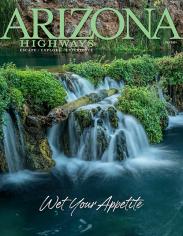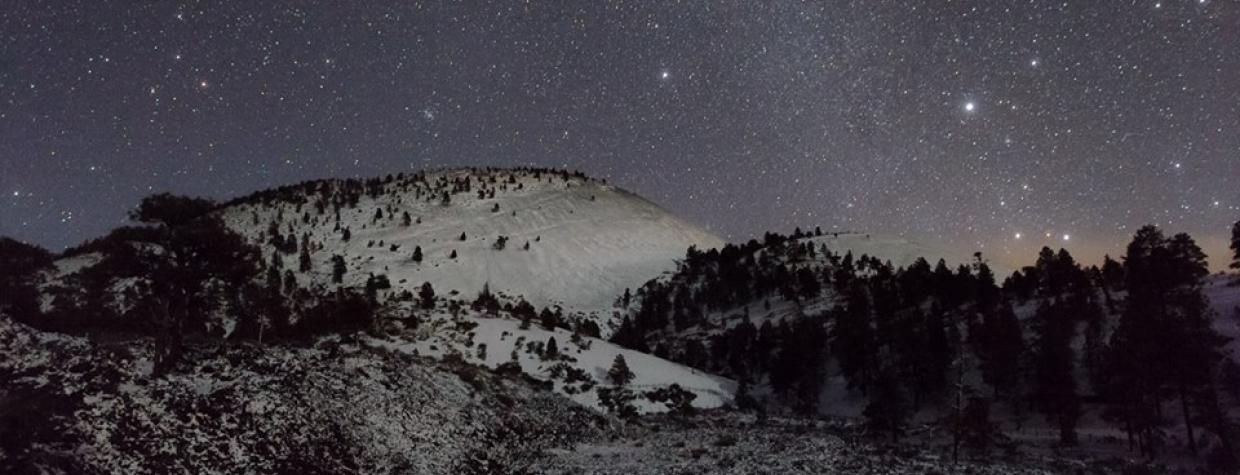As a volcanic eruption continues to cause concern in Hawaii, some Arizonans are asking: Could it happen in our state?
But as Phoenix radio station KTAR reported this month, eruptions in Arizona probably wouldn't cause much havoc — other than an increase in tourist traffic.
A U.S. Geological Survey scientist told the radio station that Arizona's best-known volcanic field — the San Francisco Volcanic Field, near Flagstaff — has been erupting once every 5,000 to 10,000 years or so, and the last eruption was about a thousand years ago. "We don't expect another eruption to happen very soon," he said.
He added, though, that volcanology isn't an exact science, and that it's possible for volcanoes to go "off schedule." But if that happened, the volcanoes in the Flagstaff area aren't close enough to populated areas to do much damage, he said. Additionally, "this kind of eruption would be quite fun to watch," he said.
Unlike some volcanic regions, the San Francisco Volcanic Field is made up of cinder cone volcanoes, which typically do not experience explosive eruptions. The lava simply oozes out of them, similar to what's going on now with Hawaii's Kilauea volcano, the USGS expert said.
The San Francisco Peaks themselves are the remnants of a collapsed stratovolcano that did violently erupt long ago, scientists say. But the Peaks themselves now are considered extinct.

